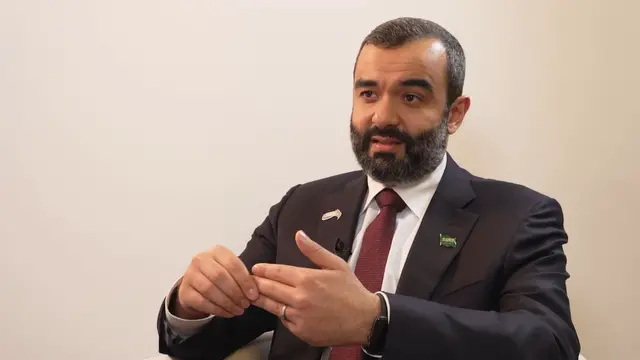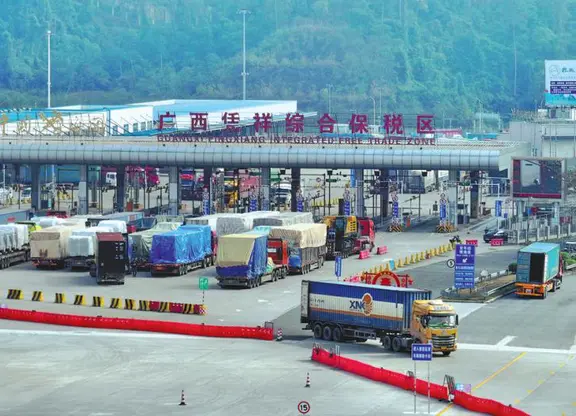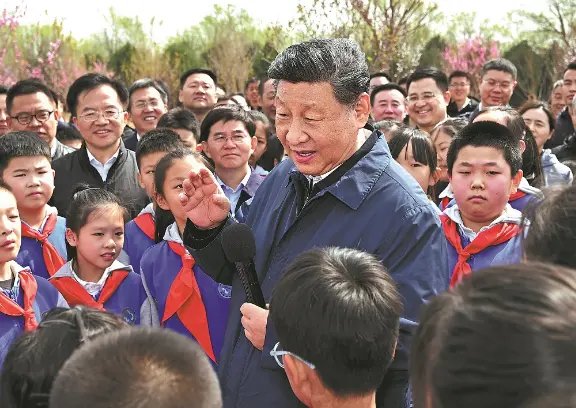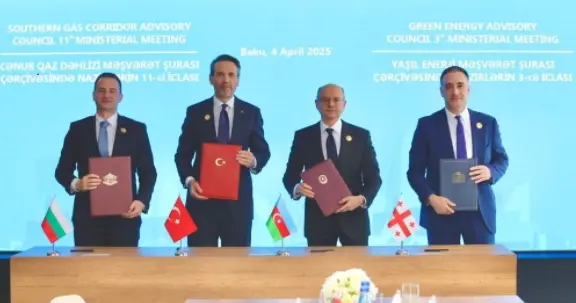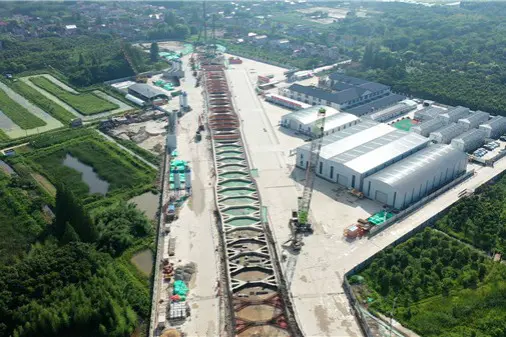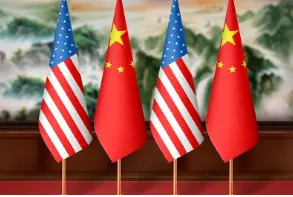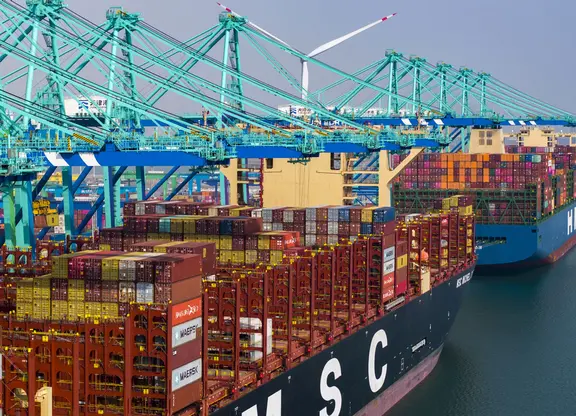03:09

Saudi Arabia, which assumed the G20 presidency last month, will attempt to steer the global conversation on technology policies and standards, including issues on Artificial Intelligence (AI), data, and cyber security.
Saudi Arabia Minister of Communications and Information Technology Abdullah Alswaha said the focus of the kingdom will be to bring countries to a "middle ground" that takes into account the interests of both ordinary people and technology giants.
"We're seeing the dialogues right now coming upon AI ethics, on data, and on cyber resilience. We're trying to steer the conversation between those that are pro-consumer, pro-privacy, those that are pro-big tech, and how they can come to a middle ground," he told CGTN in an interview on the sideline of the just-concluded World Economic Forum (WEF) in Davos last week.
Last month, on December 1, 2019, Saudi Arabia became the first Arab nation to take over the presidency of the G20, a group of 19 of the world's largest economies alongside the European Union. The G20 presidency will see Saudi Arabia holding meetings with representatives from industries, civil society, and world leaders, culminating in a global summit in its capital on November 21-22, 2020.
Abdullah said that the kingdom will strive to have world leaders find consensus and agree on the right policies and the right infrastructure and the right talent management in technology space, even as polarization continued among certain countries.
"The world today is so polarized in the analog world, we don't need that level of polarization on the digital front," he said.
WEF ranked Saudi 3rd among G20 nations for tech governance: Minister
Asked if the current rift between the U.S. and China over technology will pose a challenge to the G20 goals, Abdullah said despite the current polarization, he remained bullish that there will be "light at the end of the tunnel."
"The world today is so interconnected. When anything happens in the east of the west, we're all impacted. When you guys catch flu, we all catch a cold, and we're seeing it today. And that's why it's so necessary that we sit on the table.
Abdullah said the world acknowledges that no single country can unilaterally solve issues such as digital tax, AI ethics, and climate safety. "Climate safety cannot be a unilateral decision. There has to be consensus. Similarly, the trustworthiness and the ethics in AI has to be a collective effort," he said.
However, Abdullah also added that the focus on digitalization must also take into account the chasms between the rich and developing countries.
"We also have to acknowledge that the world today is a world of easing growth and growing inequality. We're celebrating 50 years of the inception of the internet, yet half of the world today is not connected to the internet. Half of the world does not even have basic access to health care," said Abdullah, adding that Saudi Arabia can play a role model in several of those areas, citing Saudi's recent improvements in global competitiveness, especially in the digital segment.
WEF, he said, ranked Saudi third among G20 nations in terms of being able to provide the right digital framework and legal framework for digital businesses.
 简体中文
简体中文

